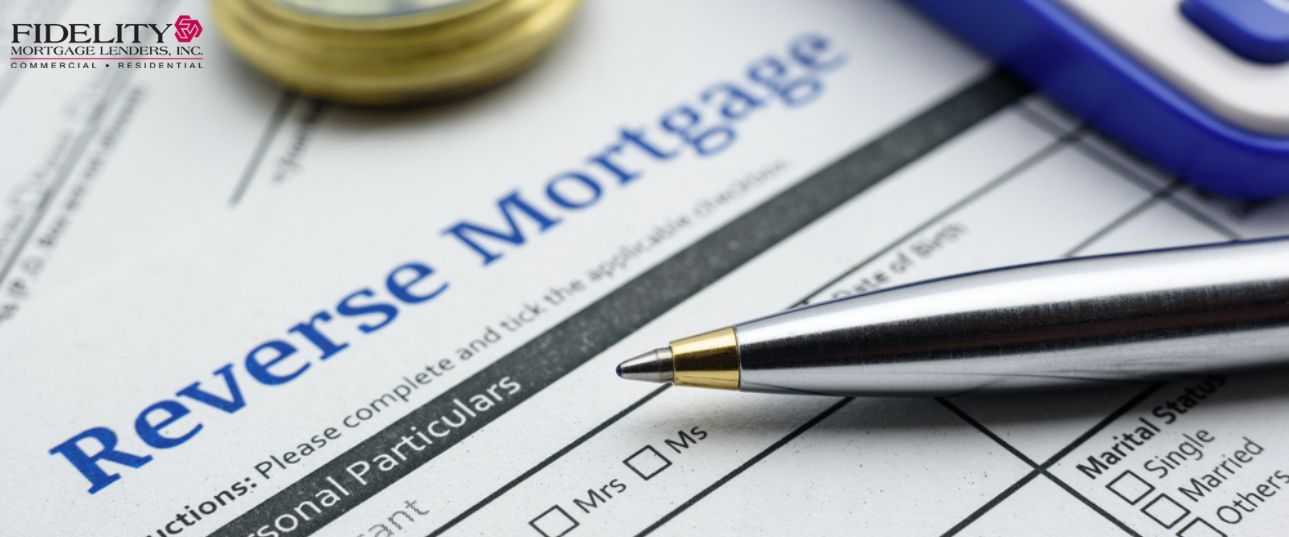Are you running out of your retirement savings or looking for supplementary income late in life? This reverse mortgage guide explains how taking out a loan against your home equity may provide the cash you urgently need. Keep reading to learn more.
What is a Reverse Mortgage?
A reverse mortgage is typically a type of loan available to homeowners who are 62 years old or older. It allows owners who have paid off 50% or more of their mortgage to borrow against their home’s equity. Instead of paying the lender, the borrower receives regular or a lump sum payment from the lender, tax-free.
Most borrowers don’t fully repay their reverse mortgages. When they die or move out, their house is sold to pay off the loan, with their heirs inheriting any extra cash from the sale. Alternatively, their heirs can repay the loan to avoid selling the house.
What are the Types of Reverse Mortgage Loans?
Types of reverse mortgages are:
- Home Equity Conversion Mortgage (HECM):
These are federally-insured loans that are issued by lenders approved by the Federal Housing Administration (FHA). Payment schedules/options for these mortgages include lump sum, monthly, and line of credit.
- Proprietary reverse mortgage:
These mortgages are issued by private lenders and are not government-backed. Borrowers with higher-value properties often qualify for larger amounts of these reverse mortgages.
- Single-purpose reverse mortgages:
These loans tend to be relatively cheaper, but you can only borrow the money for a single use, such as home renovations.
What Types of Property Qualify for a Reverse Mortgage?
You may qualify for a federally-insured reverse mortgage if you own any of the following types of residential property:
- Condominium
- Multi-unit property (a duplex, triplex or fourplex)
- Manufactured home
Reverse Mortgage Eligibility Requirements
Specific loan requirements vary widely by lender. To qualify for a government-sponsored reversed mortgage, you must:
- Be at least 62 years old
- Own the home or have at least 50% equity in it
- Not have any federal loan arrears
- Be capable of paying property taxes, home insurance, etc
- Use the home as your primary residence
- Receive reverse mortgage counseling sessions by a counselor approved by the Department of Housing and Urban Development (HUD)
Pros & Cons of Reverse Mortgages
Advantages include:
- So long as you (the borrower) are living in your home, you cannot lose it due to the reverse mortgage
- Instead of paying off the mortgage out of pocket, you can sell the home
- Relatively lower interest rates may be available
- Loan fees, such as processing and closing, can be rolled into the mortgage balance to reduce the upfront cost
- Provides financial relief to borrowers who may have depleted their retirement savings late in life
Disadvantages include:
- Significant costs for reverse mortgages like HECMs
- Your heirs may not inherit the property if you don’t pay off the loan before death
- You must have paid off 50% of any existing mortgage on the home to qualify
Wrapping Up: Fidelity Home Equity Loans to the Rescue
Reverse mortgages can be a life saver for borrowers with significant home equity. If you’re looking for flexible refinance on your multi-family apartment, contact us at Fidelity Mortgage Lenders today. We can customize the loan to suit your specific investment property needs and provide the funds in as few as three business days!







Leave A Comment